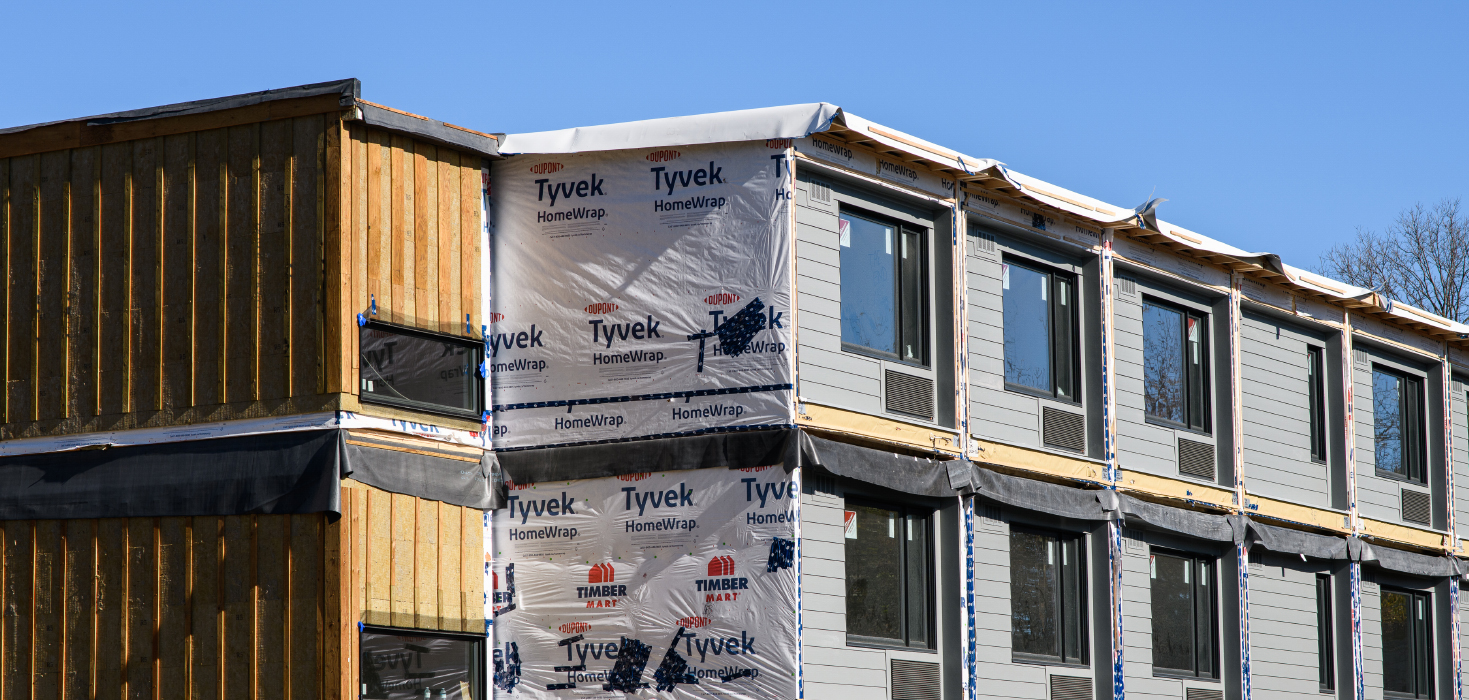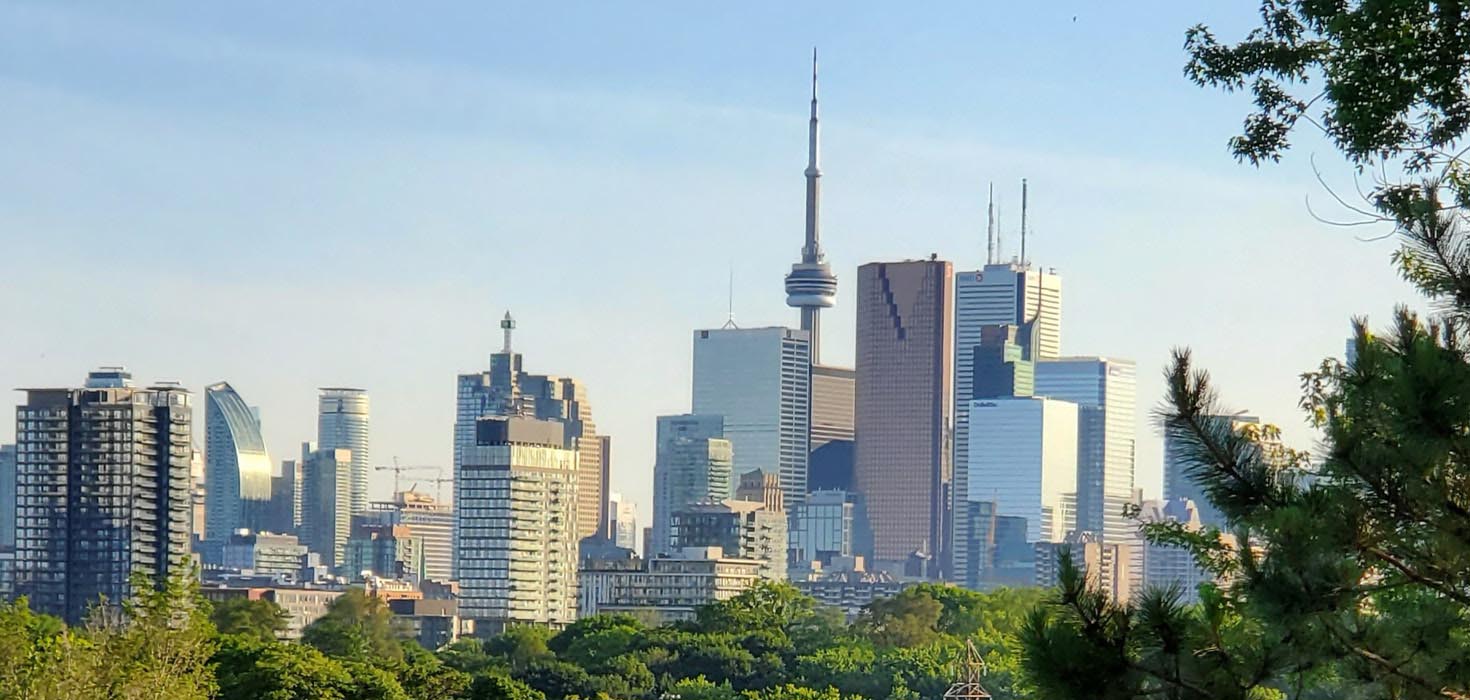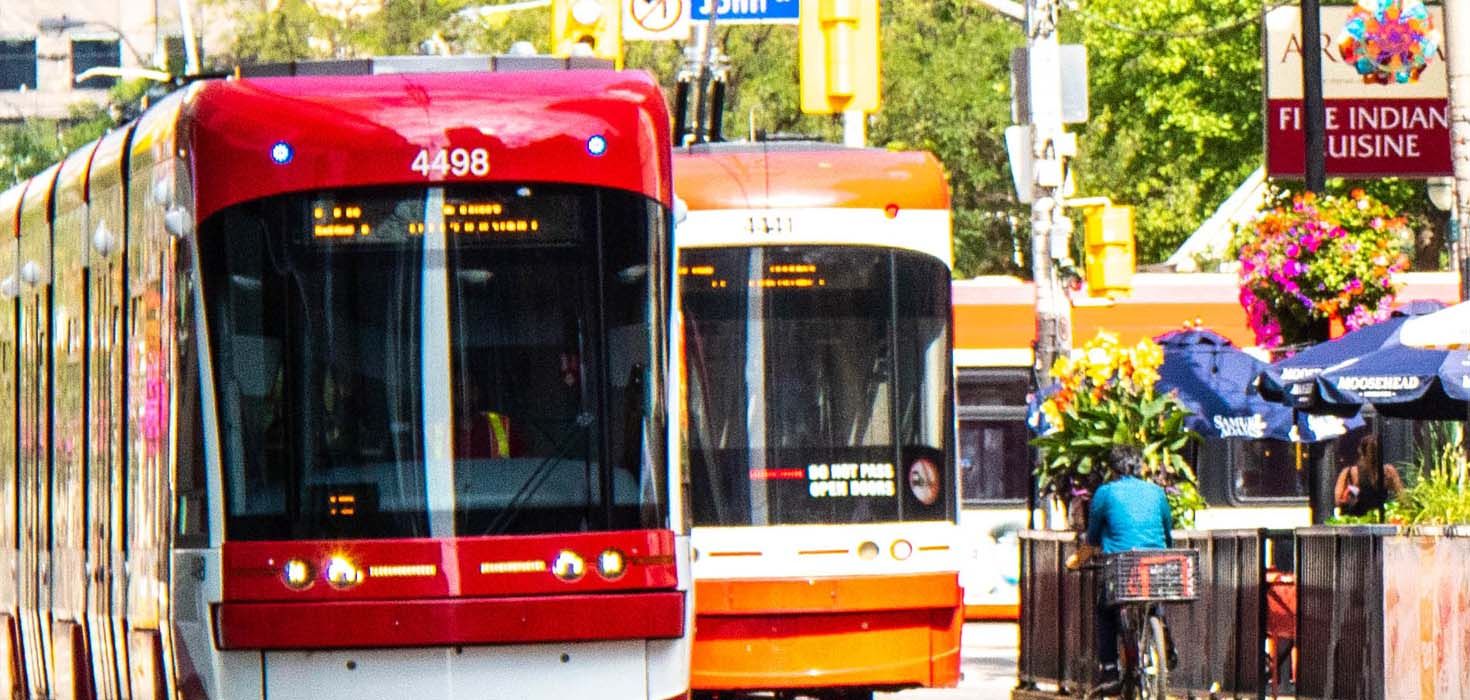Leading into the municipal election, the Toronto Region Board of Trade is calling for incoming councils to Hit Go on five key solutions to drive growth and competitiveness across the region.This week we partner with the Toronto Regional Real Estate Board to focus on housing.
Toronto needs more housing. The foundation of our housing crisis is a chronic lack of supply, which remains true, despite the recent decline in home sales and moderation in price growth due to higher interest rates.
Our housing shortage is making our labour shortage worse, creating far-reaching economic consequences. When our region is unaffordable, businesses struggle to grow and thrive and it may soon be near impossible to attract net new business investment.
That’s why we’re calling on candidates in the upcoming election to finally hit go on solutions to build more housing across this region.
Ontario’s population is expected to increase by more than four million by 2043, with Toronto absorbing roughly 430,000 new residents. They will all need places to live, yet we still aren’t building housing anywhere near the rate we need.
Inadequate housing supply means pressure on affordability, and that means businesses are having an increasingly difficult time finding workers willing to move to, and stay in, Toronto. It also means the services we treasure and take for granted, will be harder to find.
Workers who can ply their trades anywhere – nurses, teachers, tradespeople – are moving to cheaper communities while often earning as much as they would in Toronto.
Companies will notice this, and it will become a major challenge for Toronto and the entire region to attract new investments.
Not only will housing shortages hurt Toronto’s competitiveness, it will harm the environment by forcing people to drive in longer commutes and push essential workers who can’t work elsewhere into substandard housing.
The challenges seem daunting, and they are, but many yet untapped solutions are available to us.
“Missing middle housing” describes modest forms of density, such as triplexes or small apartment buildings – important housing stock that falls between single-family homes and condos. While many world-class cities like Montreal benefit from decades of developing this type of housing, Toronto is, unfortunately, an outlier.
In Toronto, 70 per cent of neighbourhoods only permit detached houses with a secondary suite. This kind of exclusionary zoning needs to change quickly. Adding just one home to every hectare of these neighbourhoods, 45,000 more homes could be created.
According to CMHC data, there were 20,270 units of housing completed in Toronto last year. To match demand, the city should aim to double this rate by 2030.
More housing generates more tax revenue, increases productivity, and creates opportunities for businesses to start, expand, or set up shop here for the first time. This is crucial for the long-term economic well-being of Toronto and the surrounding communities.
Ahead of the municipal election, we need candidates for Toronto City Council who prioritize growth, and we need voters to demand plans to create more housing in their neighbourhoods.
Solutions need to come from all orders of government, but there are steps that Toronto can and should take starting immediately after the upcoming elections.
For starters, Toronto City Council needs to end exclusionary zoning to support the building of multi-home projects on single lots and streamline and accelerate the review of these projects.
Toronto has made progress with its Expanding Housing Options in Neighbourhoods program, but when recommendations come back to council in 2023, the can must not be kicked down the road any further.
Toronto can fully leverage the potential of city-owned land for housing. This means building to the density that the site permits, which will unlock additional affordable housing units.
Council is also empowered to take a hard look at the costs that the city directly imposes on new homes, such as: inclusionary zoning policies, development charges, parkland levies, and the Municipal Land Transfer Tax. These government fees and charges are stifling growth as they currently add up to 24 per cent of the purchase price of a new home.
Let’s end this crisis and prepare for the future. We’re calling on candidates to commit to hitting go on these sensible recommendations so we can keep our region growing in the right direction.
Jan De Silva is president and CEO of Toronto Region Board of Trade. Kevin Crigger is president of the Toronto Regional Real Estate Board.



